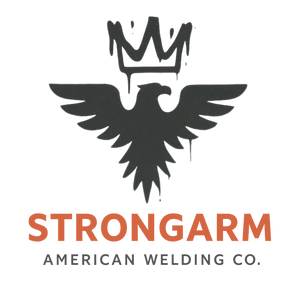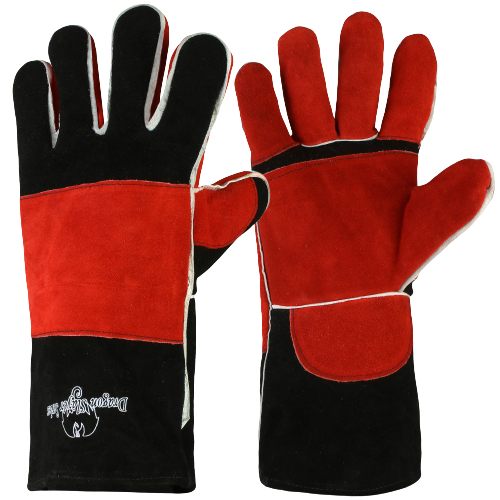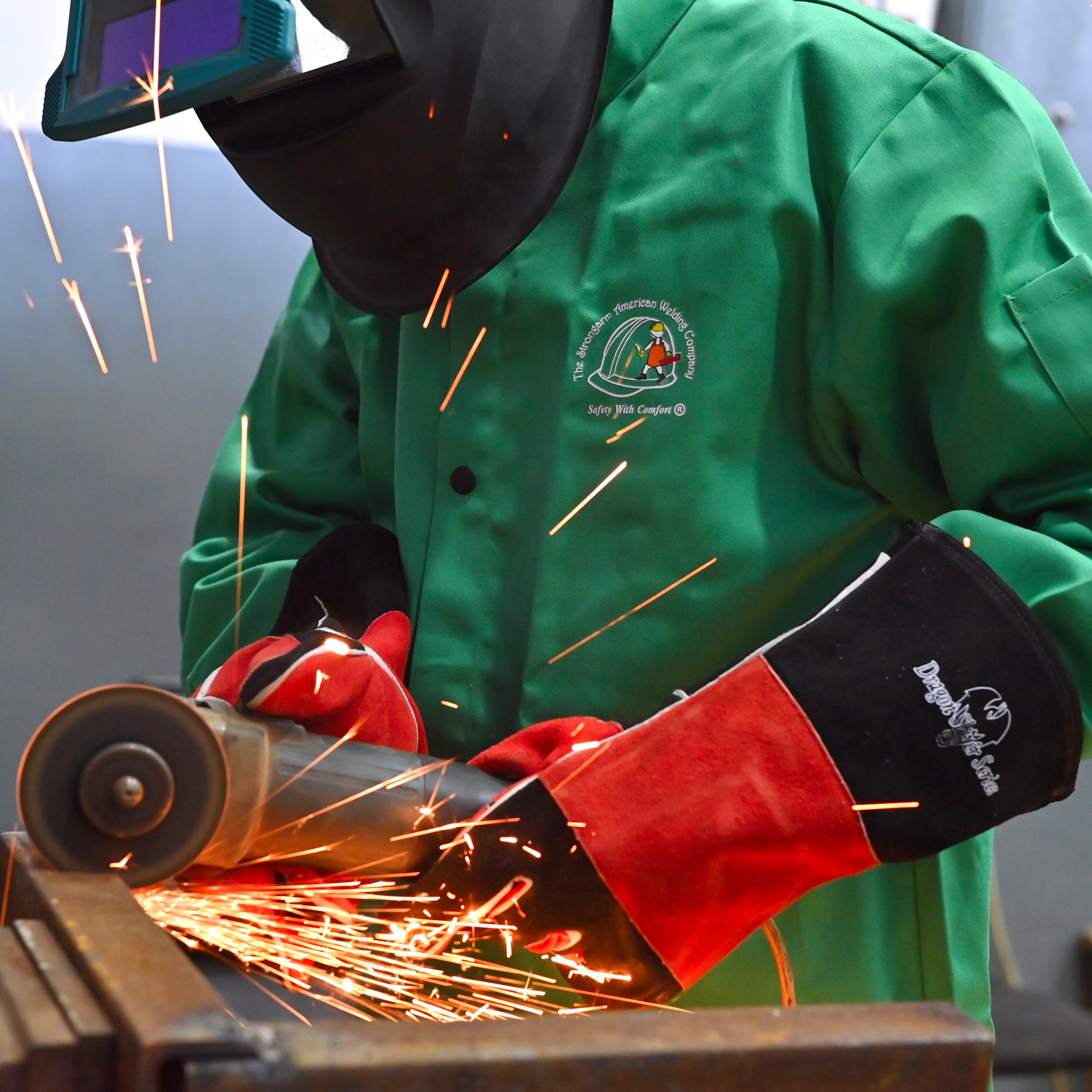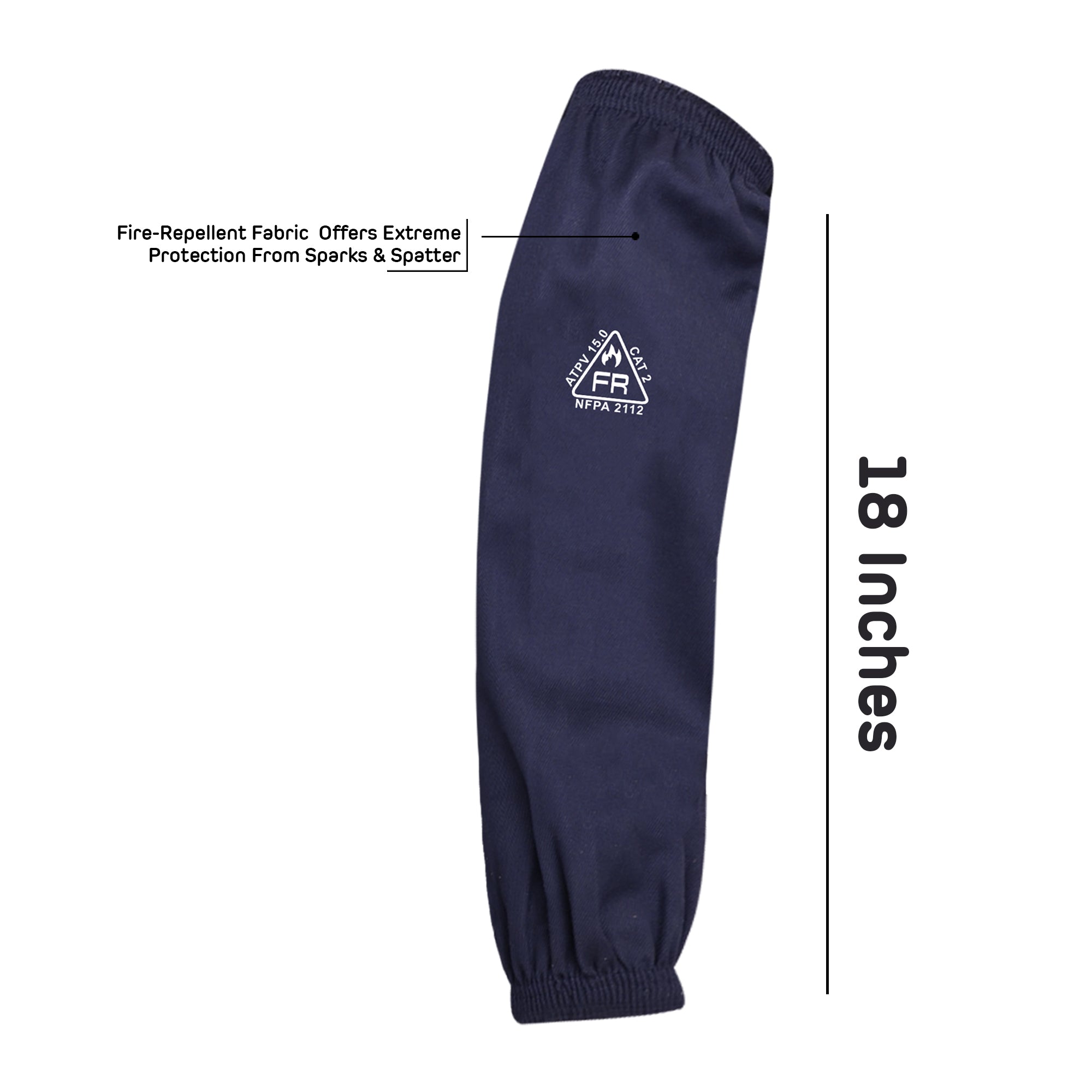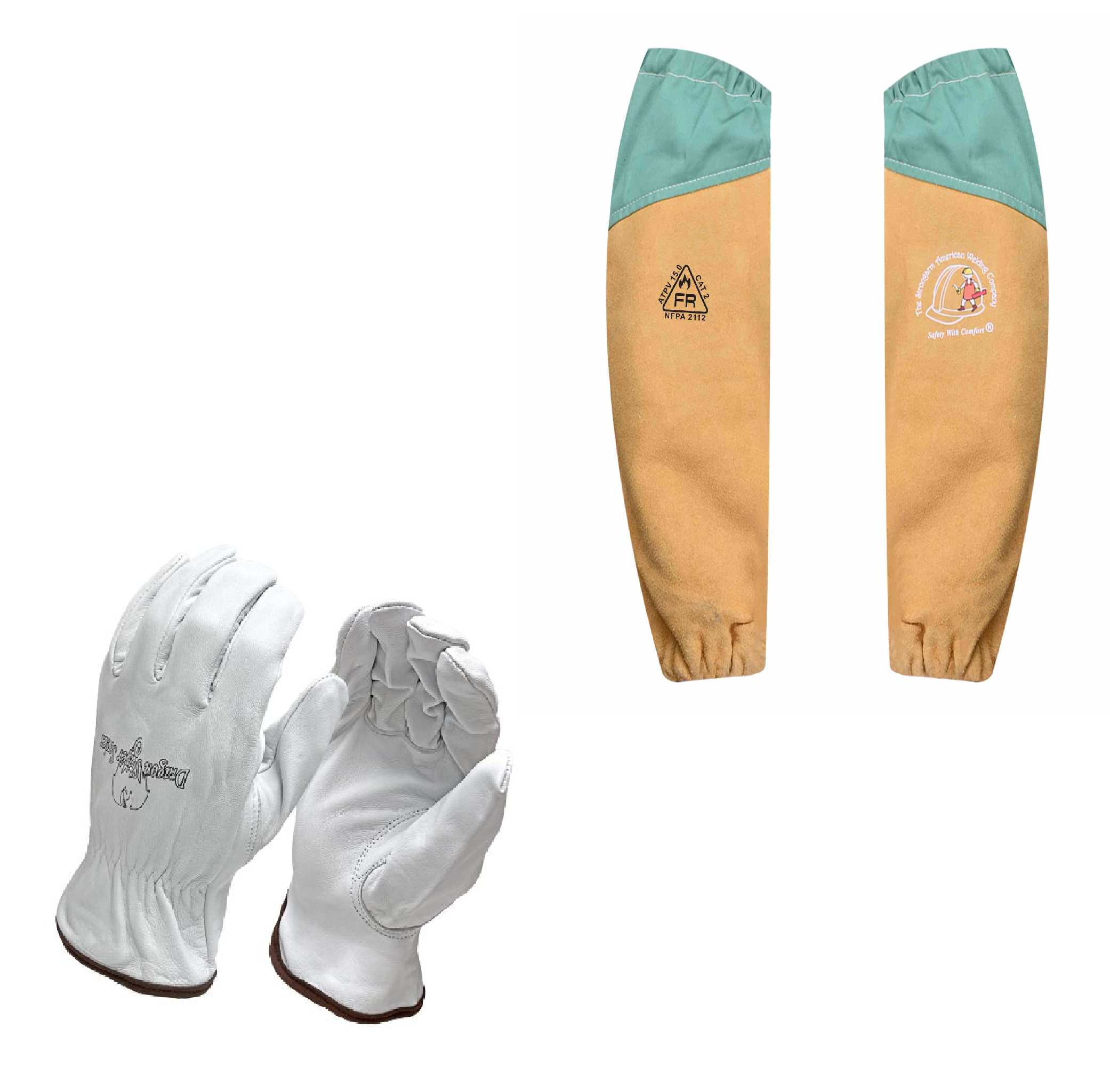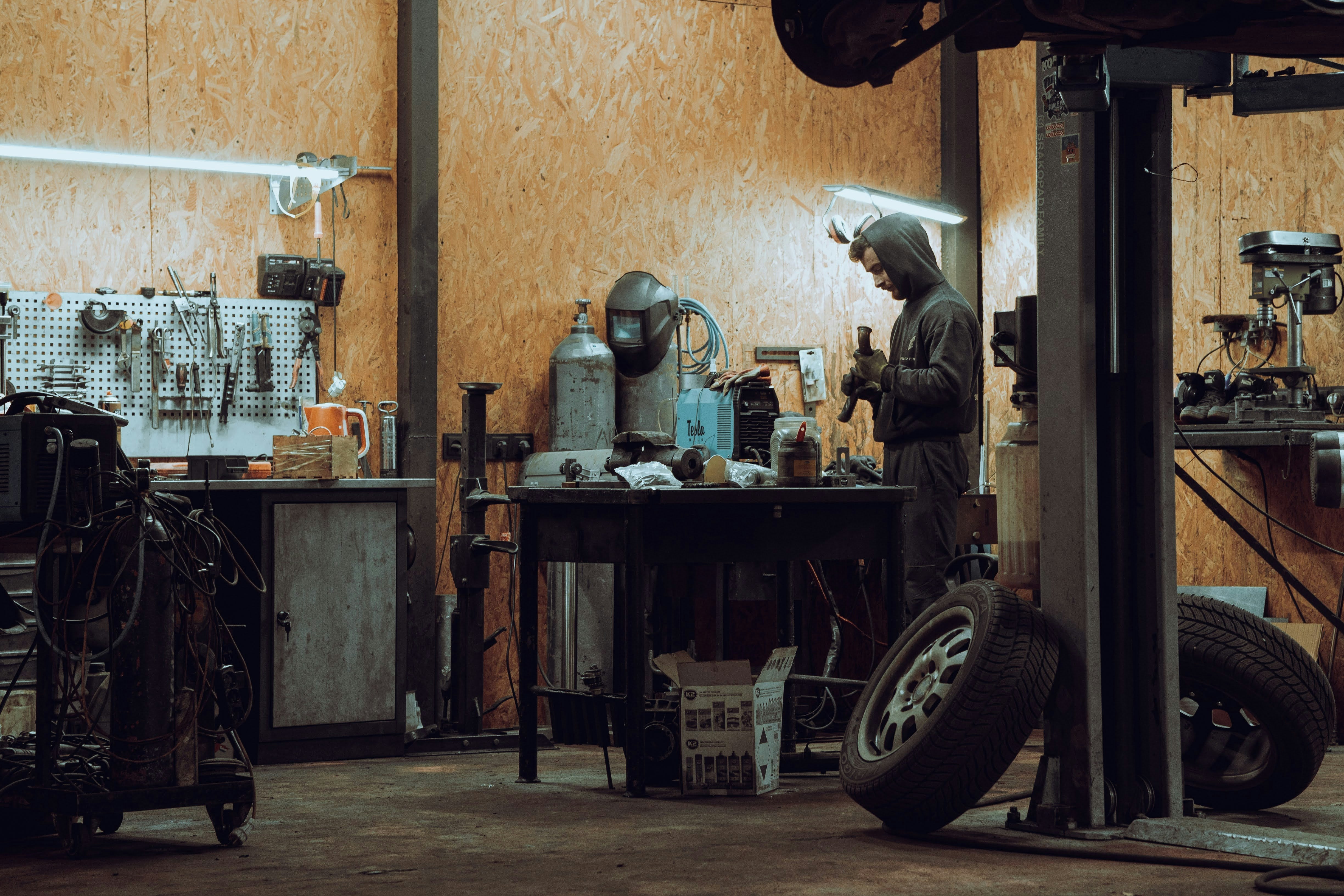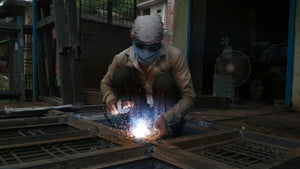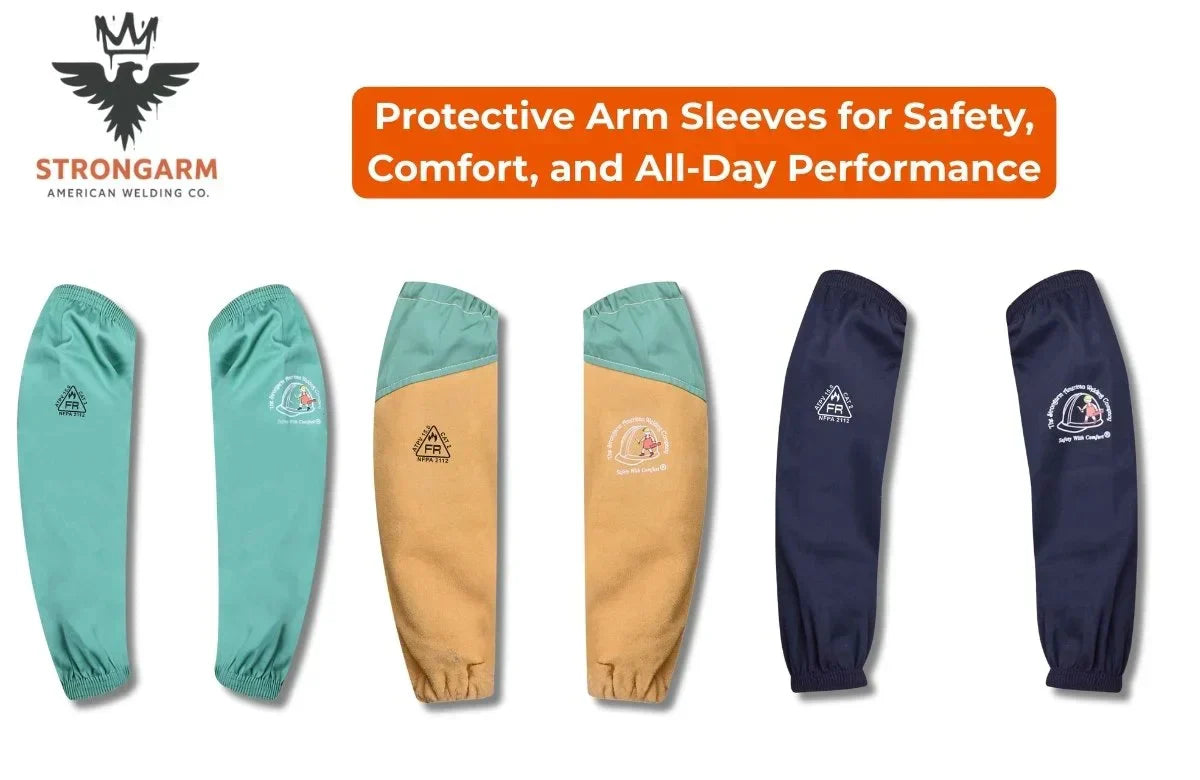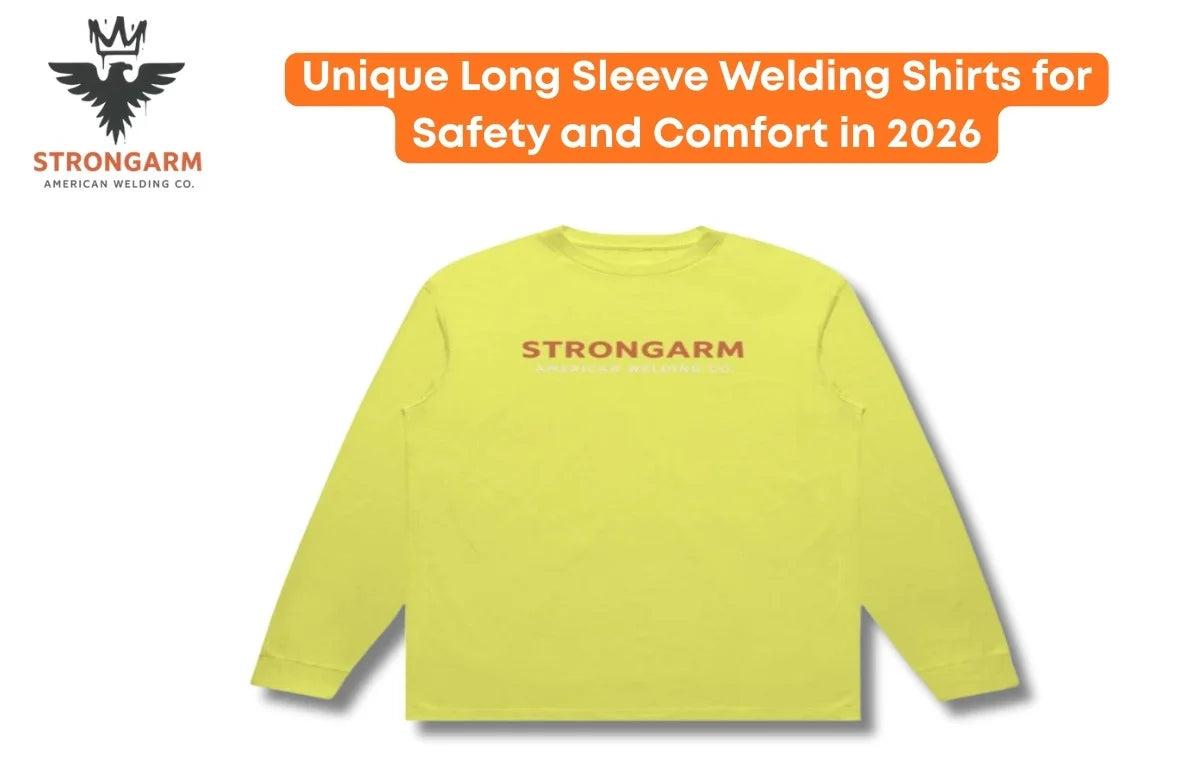As environmental issues continue gaining attention, welders seek eco-friendly options for their safety gear. Eco-friendly welding aprons are becoming increasingly important for welders prioritizing protection and sustainability. In the dynamic field of welding, where safety is a top priority, finding a balance between protection and sustainability is crucial. By prioritizing eco-friendly options, welders can contribute to a more sustainable future while ensuring safety.
In this article, we'll explore how eco-friendly welding aprons can benefit both the planet and the welders who use them.
Understanding the Environmental Impact of Welding
Welding is important but has some negative environmental impacts. Traditional welding methods produce harmful gasses, use too much energy, and generate hazardous waste. In addition, protective gear worn by welders, such as welding aprons, were historically not designed with sustainability in mind. This approach neglected the environmental consequences of manufacturing and disposing of the gear while ensuring safety.
The Emergence of Eco-Friendly Welding Aprons
The shift towards eco-friendly practices in the welding industry has led to the emergence of environmentally conscious welding aprons. Manufacturers are now utilizing sustainable materials and processes to create aprons that prioritize both protection and environmental responsibility. These eco-friendly aprons cater to modern welders who seek sustainable solutions without compromising safety.
Ethical manufacturing practices play a crucial role in this movement, ensuring fair labor conditions and minimal environmental impact throughout the production process. By choosing eco-friendly welding aprons, individuals support companies committed to these principles.
Moreover, these aprons are not only eco-friendly but also durable and long-lasting. They offer reliable protection, reducing the need for frequent replacements and making them a sustainable choice for environmentally conscious welders.
Additionally, eco-friendly aprons often come with end-of-life solutions incorporated into their design. Whether through recyclable materials or biodegradable components, these aprons facilitate a more environmentally conscious disposal process when they reach the end of their lifespan.
Innovating Safety: Green Initiatives in Welding Apron Design
Welding safety gear is vital for protecting workers, but it's also essential to consider sustainability. Green initiatives are changing the design of welding aprons. By prioritizing safety and environmental responsibility, these innovations lead toward a more sustainable future.
Sustainable Materials
One of the primary focuses of green initiatives in welding apron design is using sustainable materials. Traditional aprons often rely on leather, which has significant environmental implications. However, eco-friendly alternatives for welding safety attire such as organic cotton, hemp, and recycled fabrics offer comparable protection while drastically reducing the carbon footprint associated with their production.
Eco-Conscious Treatments
In addition to sustainable materials, manufacturers are exploring eco-conscious treatments to enhance the durability and performance of welding aprons. From plant-based dyes to water-based coatings, these treatments minimize the use of harmful chemicals and reduce environmental impact without compromising on effectiveness.
Modular and Repairable Designs
Green initiatives also drive the adoption of modular and repairable designs in welding aprons. Manufacturers extend their lifespan by designing environmentally friendly welding gear
with interchangeable components and easily replaceable parts, reducing the need for frequent replacements. This saves resources and reduces waste generation in the long run.
Closed-Loop Manufacturing
Some manufacturers are embracing closed-loop manufacturing principles in the production of welding aprons. This approach involves using recycled materials and minimizing waste throughout the manufacturing process. Companies can significantly reduce their environmental footprint by repurposing scrap materials and incorporating recycled content into new aprons.
Upcycled and Recycled
Manufacturers are increasingly using recycling-friendly welding aprons materials to create welding aprons. One example is the transformation of denim into sturdy aprons with a distinctive appearance. This approach effectively allows manufacturers to reduce their environmental impact and promote circular economy principles by repurposing materials that would otherwise end up in landfills. Moreover, it helps to reduce the demand for new resources.
Benefits of Eco-Friendly Welding Aprons
Reduced Environmental Footprint
Eco-friendly welding aprons utilize materials with lower environmental impact, such as organic cotton, hemp, or recycled fabrics. By choosing these aprons, welders contribute to reducing the overall carbon footprint associated with their profession.
Healthier Work Environment
Sustainable materials for welding aprons often contain fewer chemicals and toxins, promoting a healthier work environment for welders. This is particularly important as traditional aprons may release harmful substances during use or disposal.
Enhanced Comfort and Flexibility
Eco-friendly materials are softer and more breathable, enhancing comfort during prolonged wear. Additionally, these aprons offer increased flexibility, allowing for better mobility and dexterity while working.
Positive Brand Image
Companies that prioritize sustainability by providing eco-friendly PPE, including welding aprons, enhance their brand image and appeal to environmentally conscious consumers. This fosters a positive reputation and sets them apart as socially responsible organizations.
Making the Switch to Eco-Friendly Welding Aprons
If you're ready to embrace eco-friendly practices in your welding work, plenty of options are available. Whether you prioritize sustainable welding aprons, ethical welding apron options, or end-of-life considerations, an eco-friendly welding apron suits your needs.
By choosing eco-friendly welding aprons, you're not just protecting yourself on the job but also contributing to cleaner, green initiatives in welding apron design.
Let's work towards sustainable materials for welding aprons and pave the way for an eco-conscious welding safety gear industry.
FAQS
What Materials Are Eco-Friendly Welding Aprons Typically Made From?
Eco-friendly welding aprons are often crafted from sustainable materials such as organic cotton, hemp, or recycled fabrics.
How Do Eco-Friendly Welding Aprons Contribute To Sustainability?
These aprons minimize environmental impact by using renewable resources, reducing waste, and often incorporating recycled materials into their production.
Are Eco-Friendly Welding Aprons As Durable As Traditional Ones?
Yes, many eco-friendly aprons are designed to be just as durable and long-lasting as traditional options, ensuring they can withstand the rigors of welding work.
Do Eco-Friendly Welding Aprons Offer The Same Level Of Protection?
Eco-friendly aprons are constructed to provide the same protection against sparks, heat, and debris as traditional welding aprons, ensuring safety while prioritizing sustainability.
Are There Different Styles Or Designs Available In Eco-Friendly Welding Aprons?
Yes, eco-friendly aprons come in various styles and designs to suit different preferences and needs, ranging from basic bib-style aprons to more specialized options with added features.
